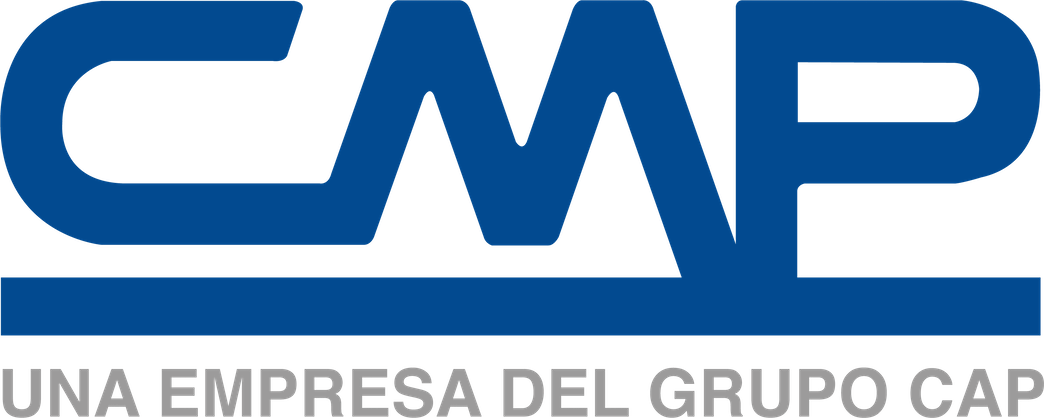During January 2022, Compañía Minera del Pacífico's (CMP) Guayacán Port will stop operations for approximately one month. The purpose of this operational action is to carry out a series of important works in its facilities that will allow improving its production process and, at the same time, a better control of its emissions of particulate matter to the environment.
The first stage of the plan includes measures such as:
- Replacement of loading hoppers: Closing of "mailbox" type hoppers where the material is loaded to be shipped through conveyor belts.
- Encapsulation of transfer towers: Closing of material transfer structures between belts that transport the material inside the enclosure.
- Conveyor belt encapsulation: Cover-type enclosure of conveyor belts that transfer and separate the material into paths within the enclosure.
- Start of construction of stacker by-pass: Implementation of a new stacker (telestacker) that will redistribute the material in the form of terraces, reducing the height of the stockpile fields.
These measures are part of a comprehensive initiative that seeks to ensure that the Port of Guayacán maintains its operation in a sustainable manner, under the best standards of operation and environmental care.
To achieve this objective, CMP is working on a series of engineering studies with the support of the Australian company Worley, which has extensive experience in port development around the world, and whose results will be key to designing modern and effective solutions so that the Port of Guayacán can strengthen a more harmonious relationship between its industrial activity and care for the environment and its neighbors in the shortest possible time.
The measures to be implemented in January 2022 are in addition to others implemented as of 2020. These include adjusting operations to high winds, which can even lead to partial or total stoppage of shipments; reinforcing irrigation measures with water trucks and sprinklers; permanently improving the condition of the railway; lowering the height of stockpiles; paving roads and installing "New Jersey" type barriers inside the operation; and landscaping recovery works.
It is important to highlight that these works, of high relevance for the renewal of the operational and environmental standard of the Port of Guayacán, have considered the participation of the Guayacán TAU workshop, in accordance with CMP's challenge to develop and grow together with the territory, hand in hand with local entrepreneurship and labor.
 Copiapó Valley
Copiapó Valley Cerro Negro Norte Mine
Cerro Negro Norte Mine Magnetite Plant
Magnetite Plant Puerto Punta Totoralillo
Puerto Punta Totoralillo Huasco Valley
Huasco Valley Los Colorados Mine
Los Colorados Mine Pellet Plant
Pellet Plant Puerto Guacolda II
Puerto Guacolda II Elqui Valley
Elqui Valley El Romeral Mines
El Romeral Mines Pleito Mine
Pleito Mine Puerto Guayacán
Puerto Guayacán
